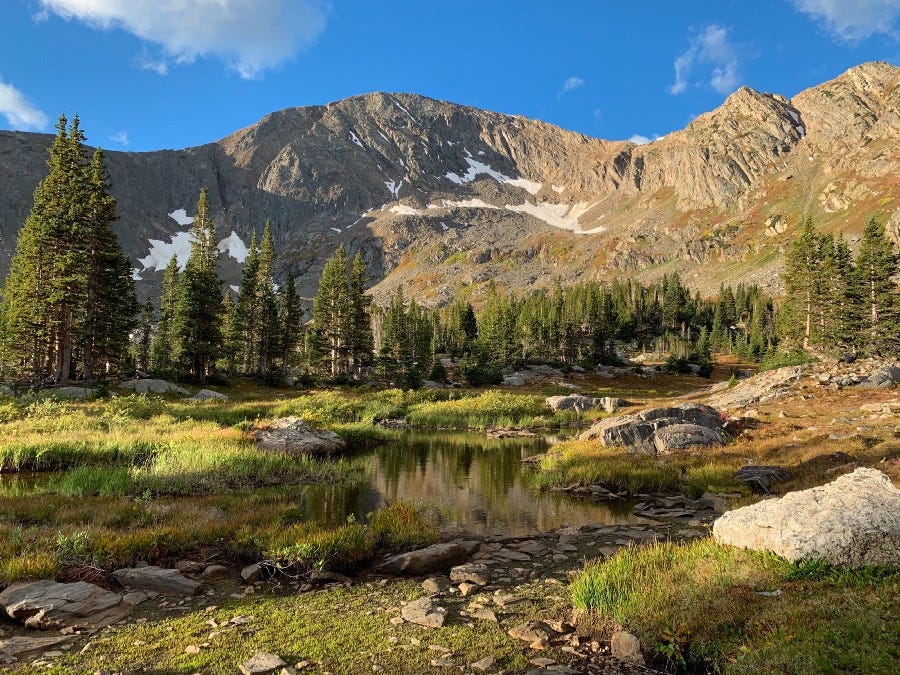Ninety-Two in the Shade by Thomas McGuane
I made a podcast episode about the brilliant writer Thomas McGuane and his work including this book and the movie, Missouri Breaks.
For American listeners, perhaps Thomas McGuane requires no introduction. A successful novelist and screenwriter, he is also a regular contributor to the New Yorker. However, part of my motivation in featuring his work here is that he is virtually unknown in Britain. This episode looks at Tom’s successful move, Missouri Breaks, which starred Jack Nicholson and Marlon Brando, plus we cover the novel Panama in addition to 92.
For British ears, a “break” is a national monument, or national park, famous for the Lewis and Clark expedition. Also famous for being the route taken by land to discover the Northwest Passage, which in Britain is seen as a naval challenge to be undertaken by sea. So in America, the Missouri Breaks, the Missouri River and birthplace of Montana need no explanation. A “break” is a type of mountain created by the earth’s crust literally breaking, resulting in sharp, angular block-like cliffs. Indirectly, the river is allowed to flow by the existence of these faults.
So now, to the movie.

The Missouri Breaks is a subtle Western with perfectly timed comic moments. The desperadoes rob a train, their first one, and easily liberate the mail wagon containing cash. The wagon, unpinned by the clerk, quickly slows. Our hero, Jack, leaps from the carriage holding his prize. Only trouble is, they’re on a wooden bridge across a canyon and he nearly falls to his death. He climbs down and they ride off as the locomotive returns to punish the thieves. They use the money to buy a ranch to use as a relay position for the horses and cattle they rustle from nearby landowners.
This is essentially a character study and appears slow by modern Hollywood standards. But it repays your patience. Nicholson is excellent as the lead desperado, the Tom McGuane character, and the dialogue is clever and subtle. Even the Catherine Earnshaw daughter of the man who hangs Jack’s friend is feisty and lyrical in her demolition of the death penalty.
A scene with Brando in the bath, where Nicholson finds him after being left for dead, is similar to one in Panama where Chet tracks a Hollywood agent to his shower to demand that he leaves town. In Panama, the hero throws a punch. In the Missouri Breaks he puts a bullet in the bath, which slowly leaks its water onto the floor.
Tom McGuane is a writer of two halves. His later work and nonfiction focuses on the apparently simple, content life in Montana. His early writing is more like Hunter S. Thompson. He was a close friend of Jim Harrison, another writer unheard of in Britain. He also knew Richard Brautigan, who is well-known in Britain in the right kind of company. All of them knew a lot about fishing, and have written extensively about it.
After Stanford, McGuane and his first wife, a descendent of Davy Crockett himself, split their time between Florida Key West and Livingston, Montana. This split life is a feature of many Americans, and perhaps explains Tom’s different writing lives. In many ways, he could have used a pen name to separate his two lives. This is a separation we can see in successful writers like Stephen King. And in filmmakers like David Lynch, who says it is perfectly possible to put crime and darkness into your work and yet retain an inner peace. I believe Tom McGuane realised this comparatively early. It explains why his career has ultimately become a huge success, whereas some of his compadres such as Warren Zevon couldn’t shift the wild personality. Tom’s study of Warren, Panama, sounds a warning bell to all those young rogues who fail to tire of their own wildness.
It is difficult to overstate McGuane’s achievements. It goes to show that top order writers in America do not always travel to Europe. A member of the American Academy of Arts and Letters, he made a fortune from screenplays such as Rancho Deluxe as well as Missouri Breaks, films which have faded from British memories completely.
Although he was first and foremost a writer, Tom was keenly aware that nobody could make money out of novels, even in the 1970s. His pet theory, that all top novelists have rich wives, is an interesting way to explore some of the happy few who did make money from novels. This theory pushed him towards Hollywood, and a dozen or so screenplays that made him a fortune, even though only three were made. Any screenwriter will tell you that this is an exceptionally good ratio. The theory goes that screenwriters are paid so well only because most of their stories are never made. What a way to live!
On the set of his self-directed movie of his book 92 in the Shade, McGuane fell in love with Margot Kidder, better known to us as Louis Lane, and married her first in 1975 before remarrying later in the ’70s. It is possible that his survival of a crash in his Porsche on icy roads in Texas precipitated the period when he was known as Captain Berserko. He was prolific during the early ’70s, wildly successful, and on the edge. It seems that genius and greatness often takes place near the edge of something, and Tom is unusual in being able to realise that this was happening and change course.
Desperadoes like Hunter S. Thompson, whom he is often compared with, and Hemingway, did not have the resources to change course, with inevitable consequences. But McGuane did, and seems happily content into his 80s, living in Deadrock, his fictional version of Livingston, to this day.


